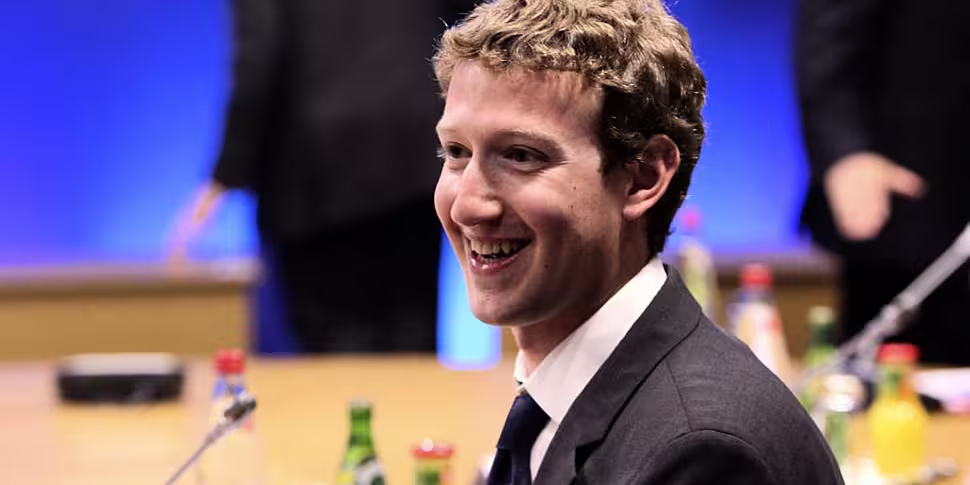Facebook's Mark Zuckerberg has pledged to move the social network site towards a more 'privacy-focused' approach.
The apparent change in philosophy comes in the wake of a series of privacy controversies involving the social network, such as the Cambridge Analytica scandal.
It's previously been reported that Facebook is looking at 'integrating' WhatsApp, Messenger and Instagram.
The New York Times reported in January that they'd remain separate apps with a unified technical infrastructure.
Now, the firm's CEO confirmed they're planing to make it possible for users to "send messages to your contacts using any of our services".
Mr Zuckerberg said he believes online communications will increasingly move towards "private, encrypted services".
He explained that changes will focus on several areas.
Those include messages that "won't stick around forever", and end-to-end encryption preventing anyone - including Facebook itself - from seeing what people share.
Instagram and Facebook already feature 'stories' that disappear after 24 hours, as more users favour ephemeral content that vanishes after a short period of time.
"Privacy-focused platform"
In a lengthy blog, Mark Zuckerberg wrote: "I understand that many people don't think Facebook can or would even want to build this kind of privacy-focused platform - because frankly we don't currently have a strong reputation for building privacy protective services, and we've historically focused on tools for more open sharing.
"But we've repeatedly shown that we can evolve to build the services that people really want, including in private messaging and stories."
He cited the company's work with Whatsapp, which Facebook bought in 2014, as a model for how they're planning to shift towards a focus on privacy.
Mr Zuckerberg acknowledged that work is in its 'early stages'.
However, he suggested 'initial questions are critical to get right' before all services can be changed to suit the new focus.
He added: "I believe we should be working towards a world where people can speak privately and live freely knowing that their information will only be seen by who they want to see it and won't all stick around forever.
"If we can help move the world in this direction, I will be proud of the difference we've made."
In the blog, he also indicated that Facebook will shift away from storing data in countries "with weak records on human rights" like privacy and freedom of expression.









